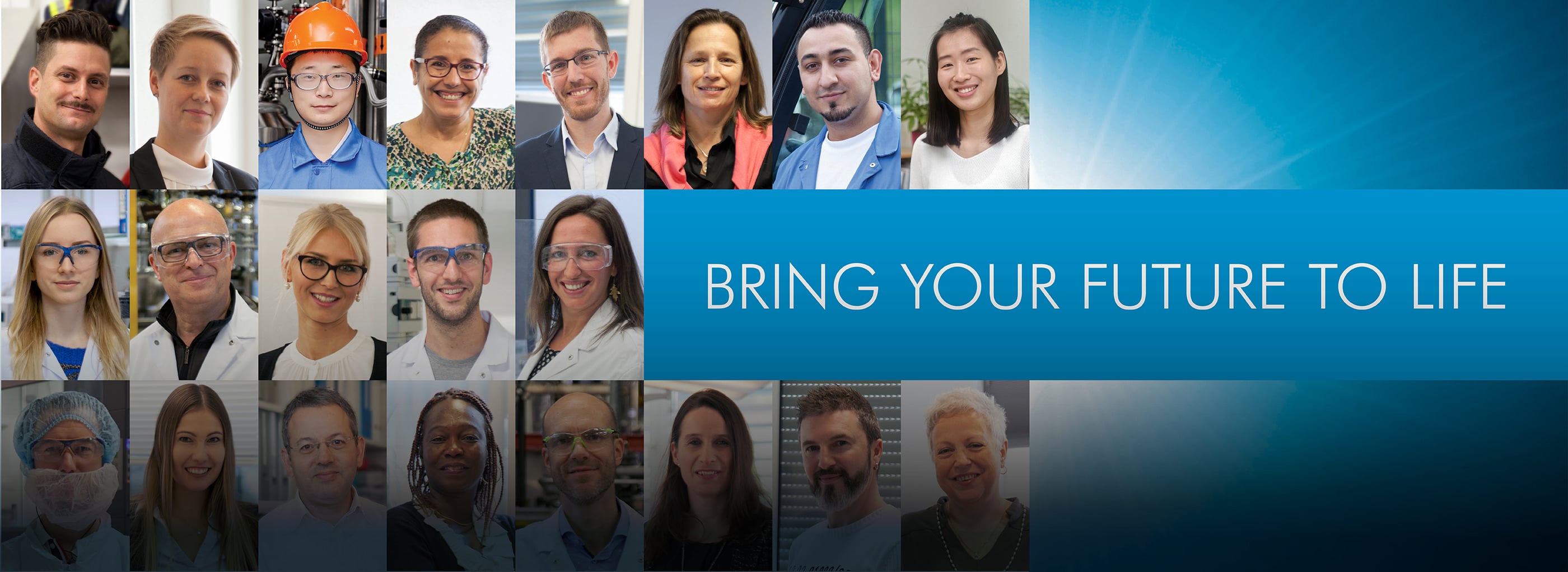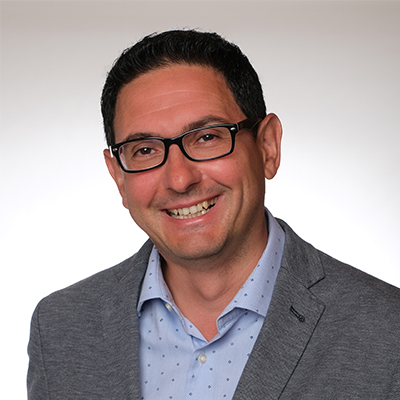
Interview Chemtogether 2022 Dr. Luca Mannocci
Find more about our Manager of Antibody Drug Conjugates

Dr. Luca Mannocci
Education
Master of Science (MsC), Chemistry, University of Pisa (1999 - 2004)
Focus on the synthesis and characterization of pharmaceutically relevant naturally occurring compounds
Ph.D. in Chemistry, under the supervision of professor Dario Neri, Institute of Pharmaceutical Sciences at ETH Hönggerberg (2004 - 2008)
What does your current role as Manager ADC at CARBOGEN AMCIS entail?
As Manager Antibody Drug Conjugates (ADC), I am primarily responsible for the planning and coordination of the required tech-transfer, development (process or analytical) and manufacture (non-GMP/GMP) activities within a matrix organization comprising our core bioconjugation team, other internal departments as well as external key suppliers or service providers. I am also responsible for the management of the bioconjugation (ADC) team and bioconjugation laboratories. I am Subject Matter Expert (SME) during authorities or client audit and inspections. Lastly, I provide support in proposal writing and project evaluation, as well as to Business Development/Marketing team initiatives.
Previously, as ADC Senior Chemist I was leading the development and (non-GMP/GMP) manufacturing operations for the production of Pre-clinical and clinical bioconjugate drug substances like ADC, synthetic vaccines or anticoagulants. I was also responsible for the compliance of the cleanroom laboratories, equipment as well as personnel with the current GMP regulations and internal SOPs.
How does a typical day at CARBOGEN AMCIS look like?
A typical day starts with a quick check of the meeting agenda or the production schedule. Those are the two main constants of the day. Between the agenda appointments, I often have to deal with CMC activity planning/revision, resource coordination, process problem solving and other various administrative tasks, including SOPs writing, internal document revision or invoices to approve.
What makes working at CARBOGEN AMCIS so unique?
As member of the CARBOGEN AMCIS Bioconjugation department I have the opportunity of interacting closely with other various multidisciplinary team and the possibility of “hands-on working” on very different edge-of-technology biotechnological projects.
What are the main challenges one encounters on a regular basis?
Communication with the various project stakeholders or with the other responsible department is the main challenge of my role, as their background may be profoundly different although we sit in the same rooms and often collaborate on the very same tasks.
In which manner does the work of your PhD differ from your current tasks? Which skills did you learn outside of academia?
During the Academy and in particular the PhD you are, to certain extent, the main author of your own project. You are in charge for both the planning and (timely) execution of almost all activities. In industry, you have to learn how to collaborate in a matrix environment with people with different background and culture. You have to understand the role of the collaborators (not only the names!), how they can efficiently contribute to the project and keep them constantly engaged with the final scope.
Eventually, good planning as well as communication and coordination skills are far more critical in industry than in Academia. Nonetheless, the academic knowledge you acquired during the University years are in my view indispensable to sustain the project (and business) discussions, persuade the stakeholders, give confidence and trust to the client or to your own team and eventually successfully complete the assigned project with great satisfaction.
Which advice would you give to ETH students who are in particular interested in the area of DNA-encoded chemical libraries?
DECL technology is certainly a fascinating and fertile turf of the broader “Needle-in-the-Haystack” drug discovery field. Soon, DECL-innovators will have to compete (or make a better use) with AI and machine learning to beat the current fierce competition. Today, tools like oligo-compatible reactions, enzymatic encoding and next generation sequencing for building and decoding any DNA encoded chemical libraries are readily available in the public domains and are steadily increasing. Today, the main challenge seems to be the same as in the LEGO game: you can get all sophisticated bricks that you like but without a good idea and a good plan, you cannot build up anything. So be creative, think big - out of the box- do not be your own bottleneck. Then, build your library, and do not get out of the lab (or despair) until it has been properly tested against the protein target of your choice. Innovative ideas rarely comes while you are sitting alone in the office. Better to try going out, perhaps strolling in a park or to sit in a bar with friend in front of a good drink.
Full interview can be found here